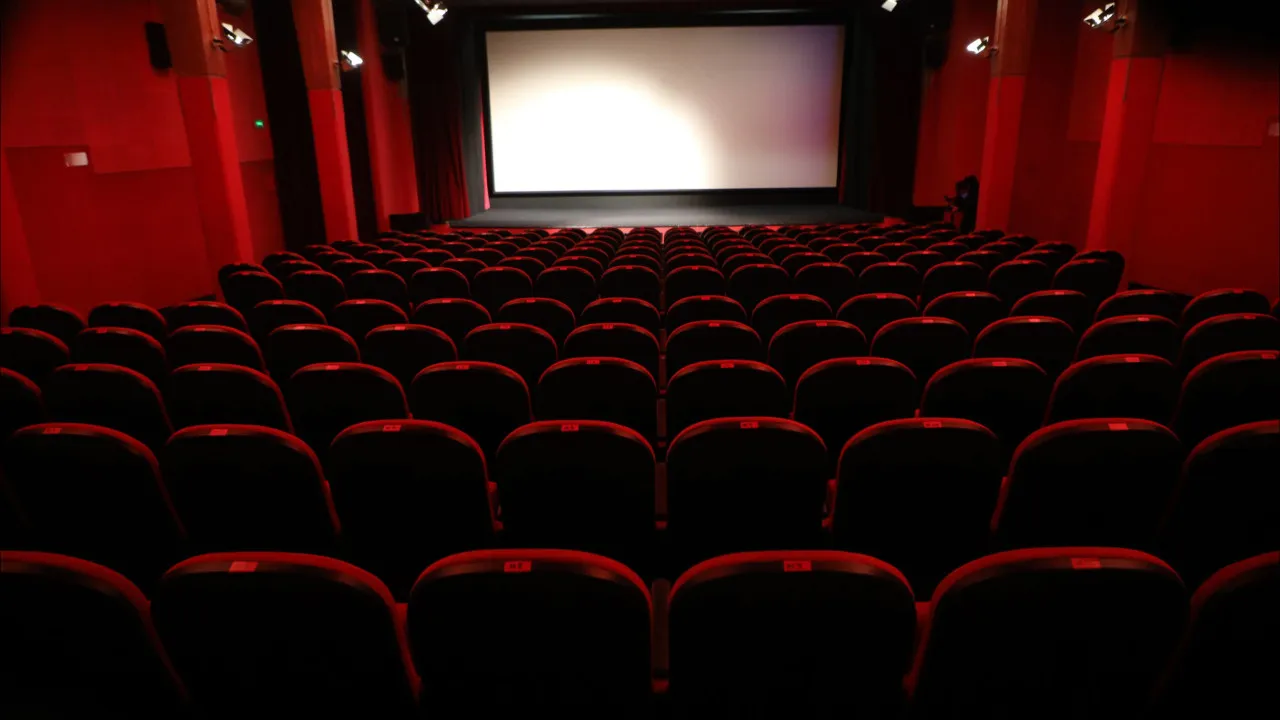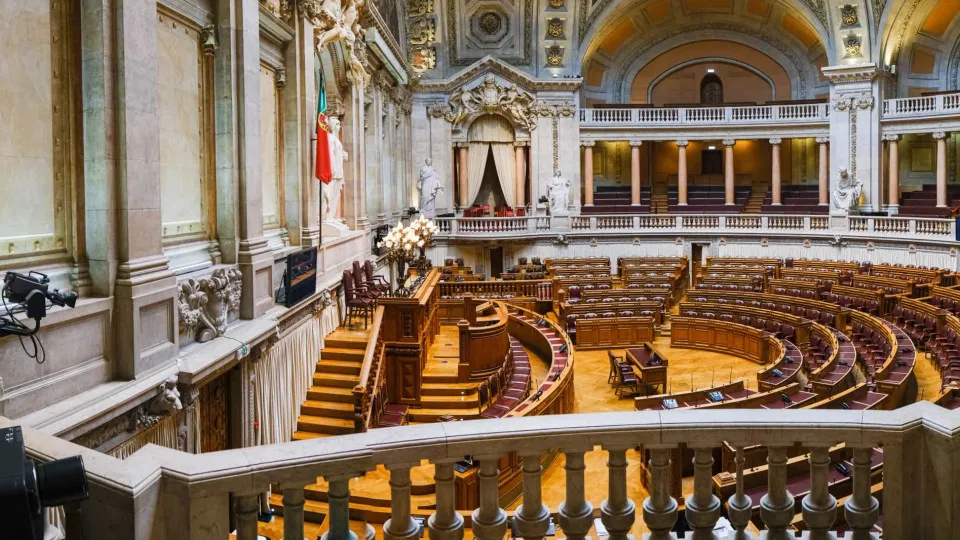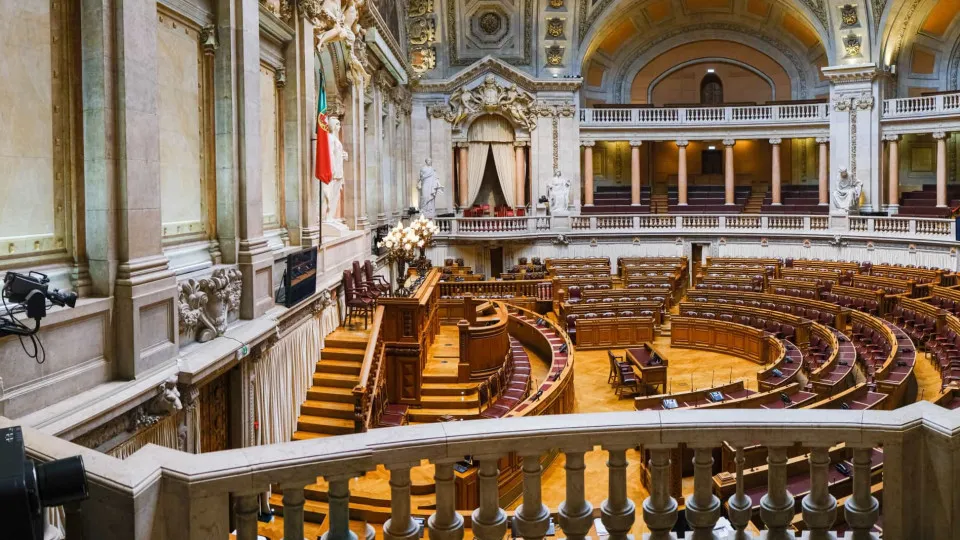
The Mozambican filmmaker, born in the city of Beira, discussed the Mozambican film industry during an interview regarding the premiere of his latest project in Portugal, set for June 26: the film ‘O Ancoradouro do Tempo’, an adaptation of Mia Couto’s book ‘A Varanda do Frangipani’.
In the 1980s, following the nation’s independence, “cinema in Mozambique was once the third most profitable company or institution for the state,” commented the director, who is also a screenwriter and producer.
“It was quite profitable because the distribution, exhibition, and production had been nationalized, and the cinemas were naturally very full since, for example, there were no televisions in private homes,” he explained.
This art form conveyed messages across the country, which spans “over ten thousand kilometers of coast” from north to south, he noted.
“With the advent of television, the cinema’s role was obviously redefined, but it continued to be, and remains, an important artistic vehicle,” he continued.
However, the screenwriter emphasized that, “evidently,” due to the financial crisis, privatization of the sector, and lack of state support, Mozambican cinema “remains alive but with some wounds.”
The primary wound in Mozambican cinema is the lack of funding, he stated, noting that there is no shortage of talent, leading a new young generation to create films virtually without any financial support.
He believes this Lusophone country in East Africa is in a period of transition until it is once again recognized that cinema can play an important role and until there is “greater connection with the public television system, which offers around 14 channels to consumers.”
Further, Sol de Carvalho thinks this partnership between cinema and television can address the issue of cinemas being located far from the population centers, which are concentrated in cities, requiring people to use public transport to experience the projected art.
Asked whether he believes art in Mozambique, particularly cinema, is truly independent of the former colonial power, he responded that “very few countries are completely culturally independent.”
He noted that today’s global and financial relations “create significant international intersections.”
“Even Portugal, which has far more resources than Mozambique, is also culturally dependent because it receives support from other sources,” he highlighted.
The filmmaker also pointed out that it is extremely challenging for an African country, with a level of poverty like his, “to be culturally independent.”
“When I say culturally independent, I refer to cultural production with national funds,” he clarified.




